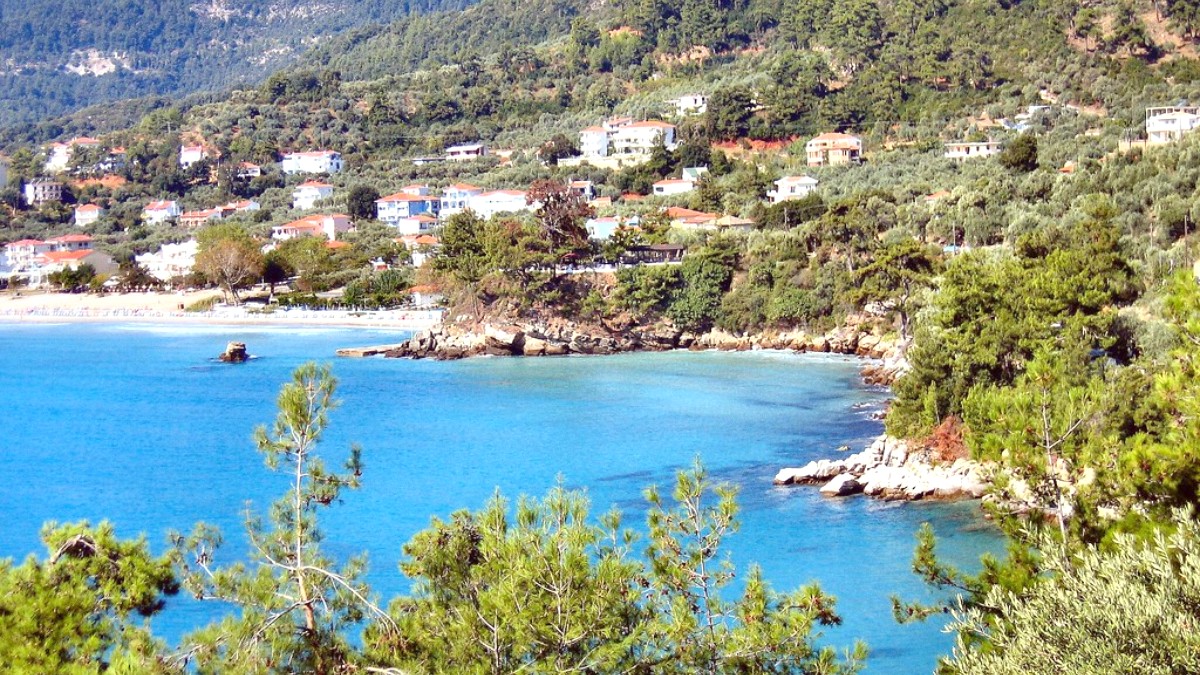
Northern Greece, Greece
Do not plan strenuous outdoor activities for midday (12 PM - 4 PM). Hydrate constantly, use high-SPF sunscreen, wear a hat, and seek shade during peak hours. Plan outdoor explorations for early morning or late afternoon.
While cards are accepted, many small businesses and local services prefer cash. Carry enough Euros for small purchases, street food, taxis, and tips. ATMs are available.
While common in tourist areas, English may be limited in smaller villages. Learn a few basic Greek phrases; locals appreciate the effort. Utilize a translation app.
Focusing solely on the most popular, often commercialized, spots risks missing cultural authenticity. Instead, venture into local tavernas in the backstreets, visit the central market, and explore quieter neighborhoods or nearby fishing villages for a more genuine experience.
Stay generally aware of your surroundings, as in any unfamiliar location.
Things generally operate at a slower, more relaxed pace in Greece. Practice patience and embrace this rhythm.
Greeks are known for their warmth and hospitality. You may notice gestures of generosity, like a complimentary dessert or drink after a meal.
A common evening activity, specifically on the waterfront promenade, where families and friends stroll, socialize, and enjoy the evening air. Join in!
Coffee is a social ritual. People often sit for extended periods over a single coffee, socializing.
Greeks generally feel comfortable with closer personal proximity compared to some cultures.
A simple "Geia" (hello) or "Kalimera" (good morning) upon entering a small shop or cafe displays a warm gesture.
"Efkharisto poli" (thank you very much) and "Parakalo" (please/you're welcome) are highly appreciated.
Saying "Geia mas!" (Cheers!) when toasting with locals will often generate a positive response.
General Greece guidebooks offer overviews. Local maps clarify geography. Books on Greek history or culture deepen your context.
Search for travel podcasts or YouTube channels focusing on Epirus. Documentaries on Ancient Greece provide visual background.
Join Facebook groups for travelers to Greece. Check travel forums for discussions, tips, and recent reviews from other visitors.
Always prioritize your safety. Keep emergency numbers readily accessible and be aware of your surroundings, especially in unfamiliar areas.
Preveza is a very safe destination for solo travelers. Petty crime stays low, and violent crime is rare.
Exercise general awareness, as you would in any unfamiliar location, especially at night.
Listen to your intuition in any situation. If a place or situation feels off, remove yourself from it.
Excellent places to observe local life and strike up conversations. Sitting at the bar or a communal table can lead to interactions.
Smaller, family-run guesthouses often provide a more personal experience and opportunities to connect with hosts.
Joining a day tour to Parga, Lefkada, or the Acheron River is a good way to meet other travelers.
Choose beaches with shallow, calm waters, like Monolithi Beach, which offers plenty of space for children to play. Many organized beaches have lifeguards.
Greek cuisine generally suits children. `Souvlaki`, `gyros`, pasta dishes, fresh fish, and simple salads often appeal to children. Most restaurants accommodate families.
Be very diligent with sunscreen, hats, and seeking shade, especially for children, given the intensity of the Greek sun.
Whether traveling solo, with family, or in a group, planning for specific needs enhances the comfort and enjoyment of your Preveza journey.